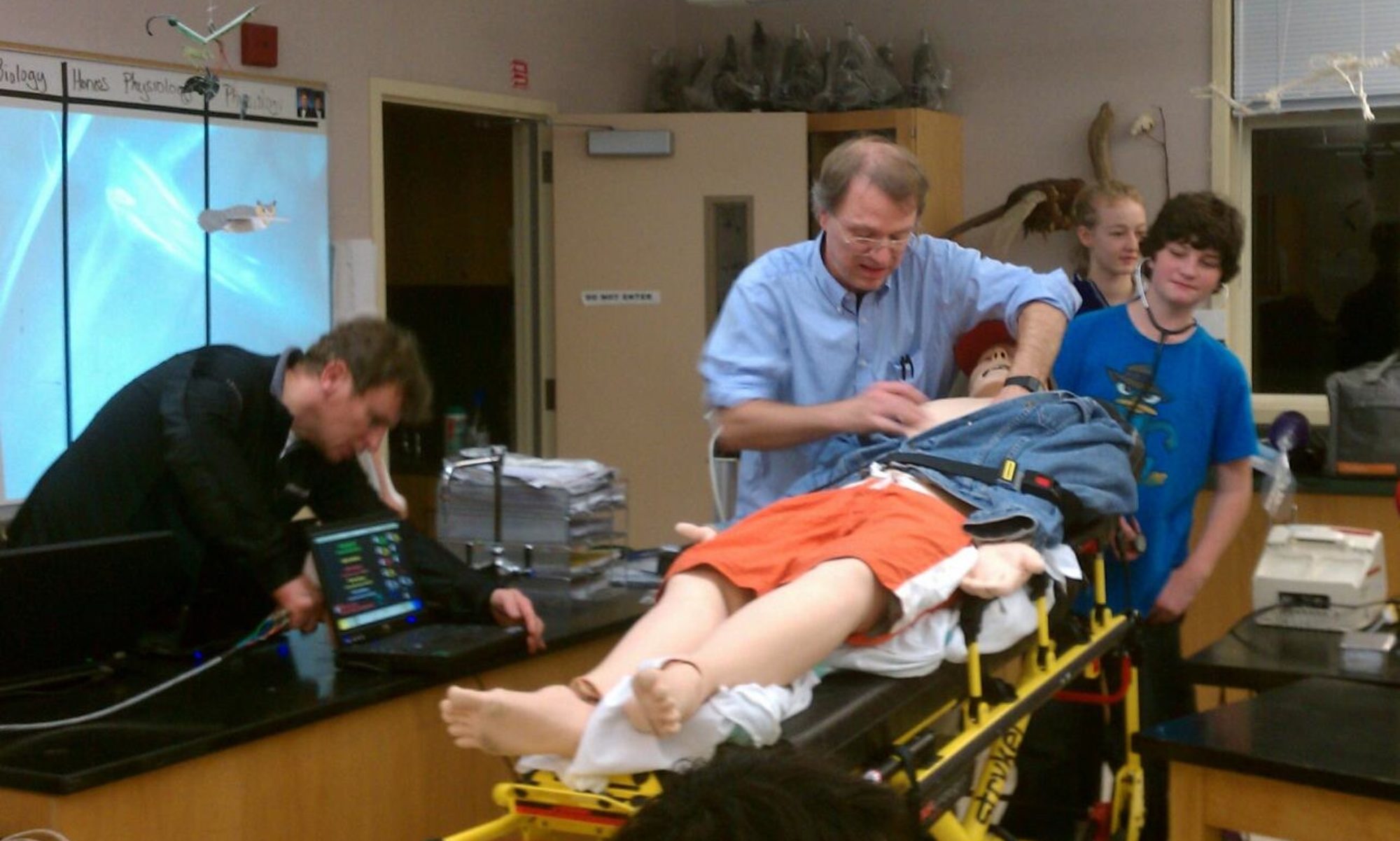By Rachael Metzger – Marin Science Seminar Intern
Dr. Nuria Vendrell-Llopis, a Postsdoctoral Fellow at UC Berkeley’s Brain-Machine Interface Systems Laboratory with a Master in Telecommunications Engineering specializing in Electronics from the Universitat Politecnica de Valencia, Spain, and a PhD in Biomedical Science, specializing in Cognitive and Molecular Neuroscience from KU Leuven, Belgium, spoke to Marin Science Seminar about her work with cyborgs.
 |
| Cyborg (Source: assets4.bigthink.com) |
How did you first become interested in Telecommunications Engineering and Biomedical Science?
“I was a kid when my brother got the first computer in the house and I was amazed by it. I wanted to understand how it worked. At that moment in time I thought computers were (or soon would be) way smarter than humans. With time I focused more of my attention in electronics and signal processing so I started my Telecommunications degree in college. Believe it or not, back then I hated anything that had to do with biology. Computers were the future; biology was unimportant. One day in class, a professor brought the idea that there was a limit to the miniaturization of integrated circuits, and that the future of computers could well be bio-computers or quantum computers. That shocked me, quantum computers sounded interesting, but how could something as faulty and unreliable as biologic cells be better than silicon circuits? I didn’t want to believe him, so I started searching about the subject on my own, news journals at first, then more scientific journals… and I got hooked.”
Was there a specific time or person that sparked your interests?
“My parents. I know it sounds cheesy, but I see many adults annoyed by kids who are constantly asking questions. We should be fueling that curiosity, never cutting it down. My parents always answered no matter how silly the question was.”
Has studying around the world influenced your perspective on your work? If so, how?
“Not only on my work, on everything. Going to a different country, and I don’t mean visiting, I mean really living among them, changes the way you see even the smallest things. You see the flaws of your countryman, but you also have a greater appreciation of their strength. I think it is an opportunity for growth that any student should take given the chance.”
What is your favorite part about your job and studies?
“About my job, I like the constant interchange of ideas. I teach to students but I also learn from them. There is always something new, a new discovery, and a new tool. It is very dynamic, tiring sometimes, but never boring. It gets better when you think that your research may be helping thousands and thousands in the future. However, what I like the most about my job and my field in particular is that we are faced with the biggest mystery of our era, like nuclear energy and space discovery were before us. The brain is the new unknown and I would love to be one of those responsible in unraveling its secrets.”
What advice do you have for young people who would like to follow in your footsteps?
“Please DO! We need young people, and young ideas. Now, my advice would be, go to college, but go to college in Europe or Australia then get your PhD back in the USA. Do internships, try working in industry, come back to academia if you like. Move around, travel the world, engage with people from different cultures. Be open to new ideas, but critic nonetheless. Learn from each small thing and the most important part, never forget to enjoy the trip.”


